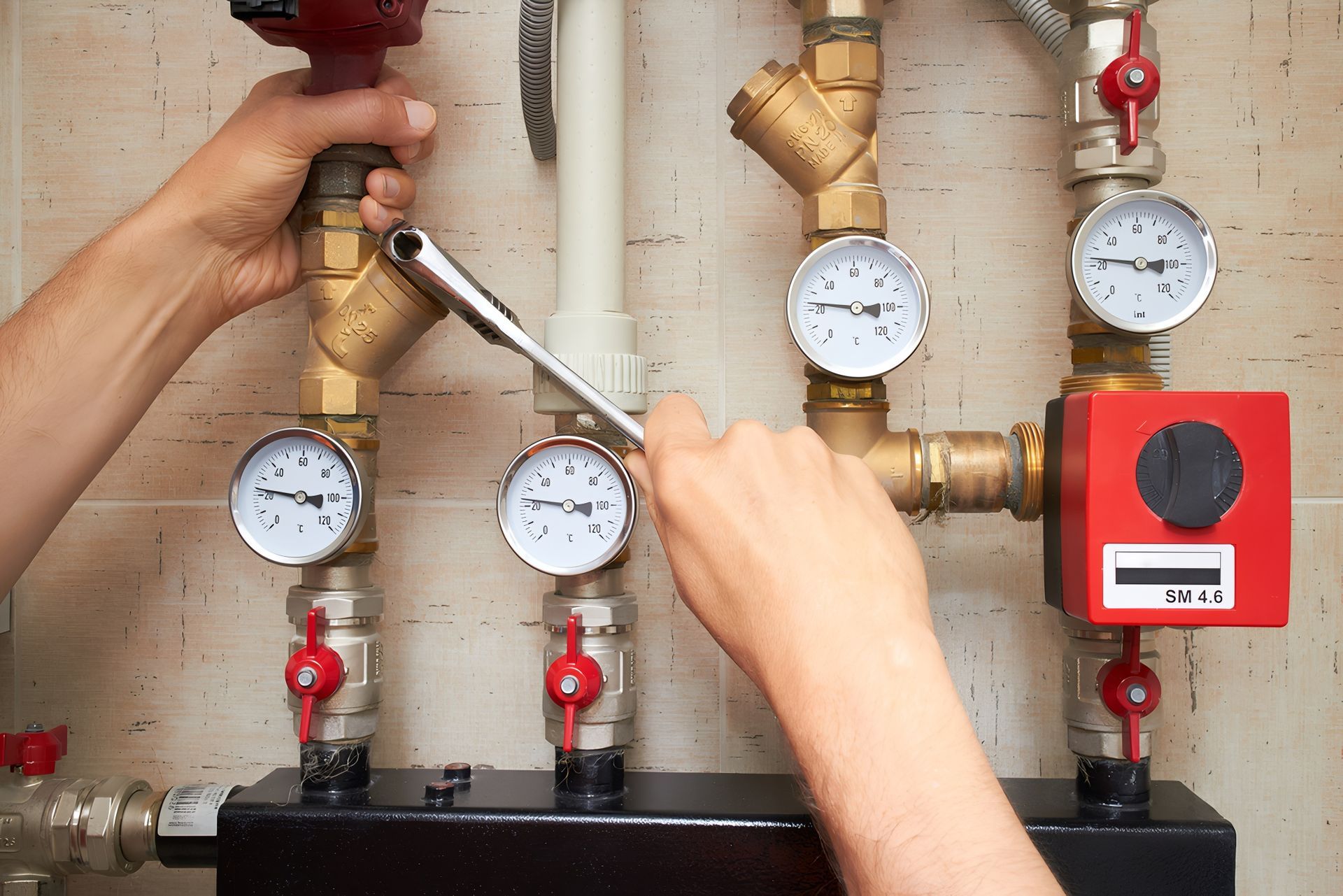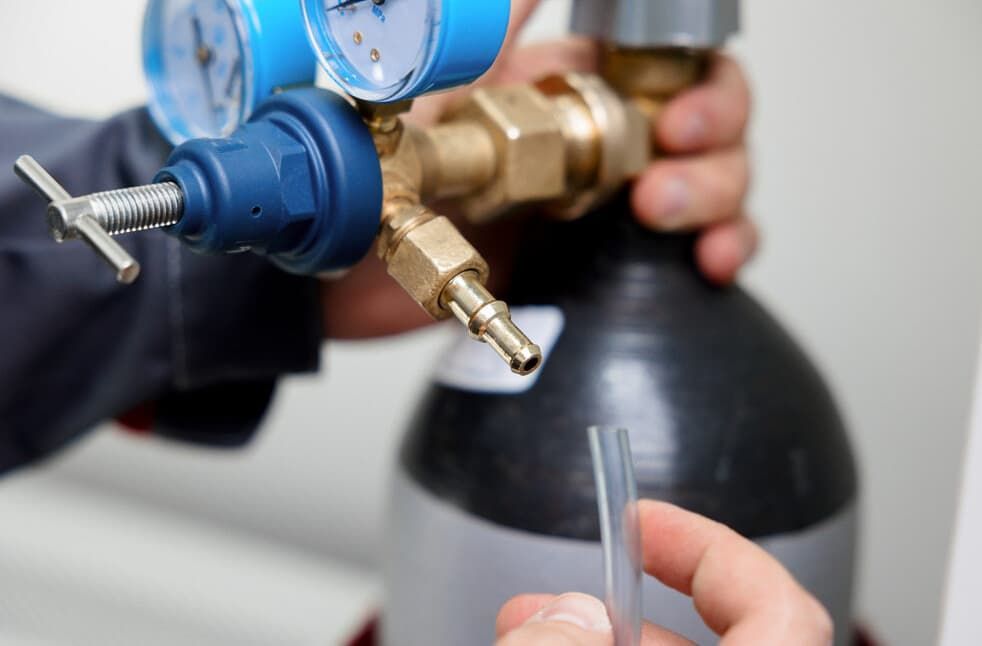Gas appliances are convenient, efficient and cost-effective—but only when installed and maintained safely by a licensed professional. At JSB Plumbing & Gas in Grafton, we offer expert gas fitting services for homes and small businesses.
From installing new gas ovens and heaters to detecting leaks and upgrading pipework, we make sure every job is done to the highest standard. We work with natural gas and LPG, ensuring your appliances are safe, compliant and ready to use.
Whether you're planning a new fit-out or need urgent repairs, we provide fast, honest service with a focus on safety. For gas installations, servicing or emergency support, call 0402 002 718 and speak with a fully licensed gas fitter today.
Safe installation & repairs for gas appliances
Licensed gas fitters for LPG & natural gas systems
The Importance of Professional Gas Fitting
Here’s why working with a professional gasfitter matters:
- Safety First: Gas leaks and faulty installations pose serious risks. We ensure every job meets legal standards, so you never have to worry.
- Energy Efficiency: Properly installed and maintained systems save you money in the long run by reducing energy waste.
- Compliance Guaranteed: Laws around gas installation and repairs are strict for a reason. We ensure your systems adhere to all regulations.
- Comprehensive Service: Whether it’s LPG or natural gas, we’ve got the tools and expertise to handle it all.
Call JSB Plumbing & Gas and ensure your gas systems are safe, efficient and reliable.
FAQ
Do I need a licensed gas fitter to install a gas appliance?
Yes, it is a legal requirement in Australia that only a licensed gas fitter can install or work on gas appliances and connections. Attempting DIY gas work is not only illegal—it can be extremely dangerous. Licensed gas fitters ensure your system is installed correctly, tested for leaks and compliant with safety codes to protect you and your property.
What’s the difference between natural gas and LPG?
Natural gas is delivered via mains pipelines and is commonly used in urban areas. LPG (liquefied petroleum gas) is stored in pressurised cylinders and is often used in rural or off-grid areas. The two gases have different energy contents, pressure levels and appliance requirements—so it’s important to ensure your fittings and equipment are suitable for the gas type being used.
How can I tell if I have a gas leak?
Signs of a gas leak include a strong sulphur or 'rotten egg' smell, hissing sounds near gas lines or a sudden spike in your gas bill. You may also feel dizzy or nauseous if exposed to a leak indoors. If you suspect a leak, turn off your gas at the meter or cylinder and call a licensed gas fitter immediately. Never attempt to locate or fix a leak yourself.




